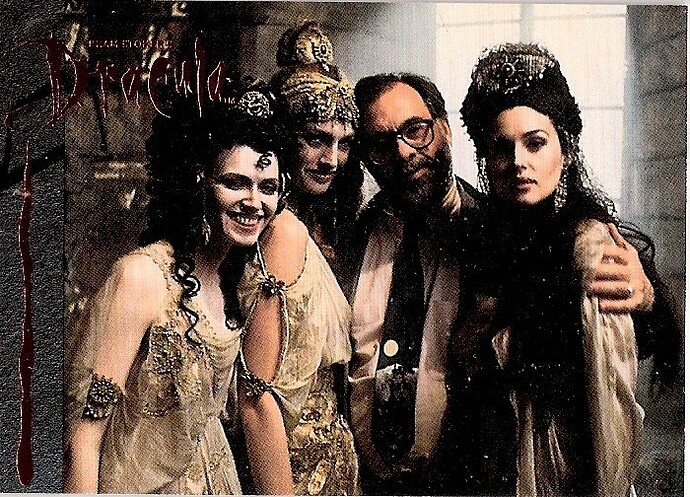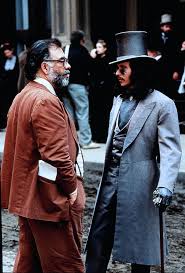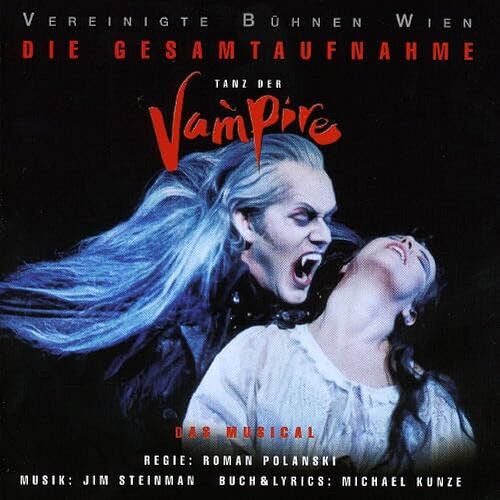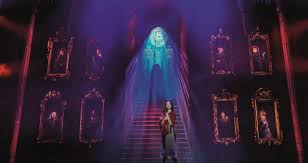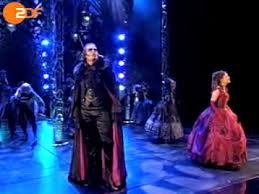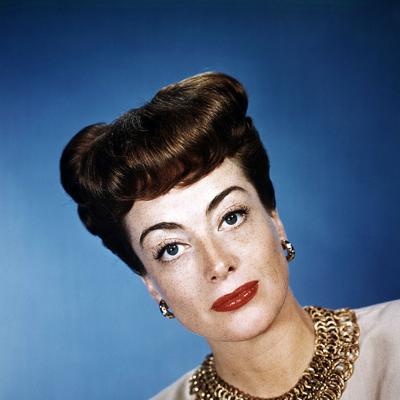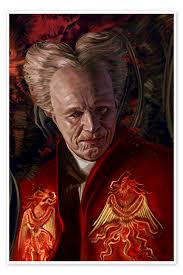Harking back to what originally got this topic going (@DeusIrae musing on liking some kinds of horror and not others), I encountered a study in PLOSOne the other day called, “Liking music with and without sadness: Testing the direct effect hypothesis of pleasurable negative emotion”
This is related. Why do some people like sad or dark or weird music and others just go ‘ugh’ as soon as they hear it? I’m definitely in camp one.
In just the summary of the study, I read something that shocked me as an insight, because it seemed to offer some finite reason for something people have been telling me about me, or that I have been trying to describe or understand in me, for decades. I do have to talk about me a bit first to give context, but I think the study may be of interest to lots of people here, so bear with me.
I think of myself as someone who instantly goes to the thing, and wants to go to the thing. I turn on a movie, I’m in the movie and open to it. I put on music, I’m in the music. I never begin with any any kind of meta reaction, or thinking about other people. I may get pushed back later in response to something, but my default position is very open.
In musicmaking, my partner in improvisational duo Thallium & Milo once said, ‘You can get to any place really quickly.’
In the theorising about the place of the Direct Effect hypothesis in this study on appreciating sad music, it says:
The Direct effect hypothesis argues that there is something intrinsic about felt negative emotion evoked by music that attracts the listener, without mandating a mediator or some factor outside the negative emotion itself… (now skipping some)
Strong contenders for the disposition of people who enjoy the sadness evoked by music are empathisers, fantasisers, ruminators, those who demonstrate an openness to experience, and those with a high propensity to fall into states of absorption [2,3,16,18–22]. Current thinking is that these personal characteristics, especially empathising, absorption and openness to experience, allow the individual to connect with fictional narratives while suspending disbelief, and so exhibit a good capacity to “make-believe” [23,24], a capacity which generalises to emotions in music listening [e.g., see 16,25–27]. This explanation also presents an alternative theoretical perspective to the above cited literature, because rather than presenting sadness as a mere by-product of mediation or as a means to some beneficial end, the sadness can be ‘enjoyed’ for its own sake (directly). It is not real-sadness, but a make-believe, or aesthetic, kind of sadness, still experienced as sadness, but with some real-life negative aspect of the sadness not triggered [28].
That paragraph really struck home for me, and seemed to speak to all these behaviours and traits of mine. I know I have this instant-appreciation ability with these things (sad music, horror films, etc) and this described mechanic of placing fictional narratives in an aesthetic safe zone, suspending disbelief and not being negatively overwhelmed, that sounds like what I’m doing.
Please note the whole study is about 10k words. But as I say, I think it may interest many here.
-Wade

